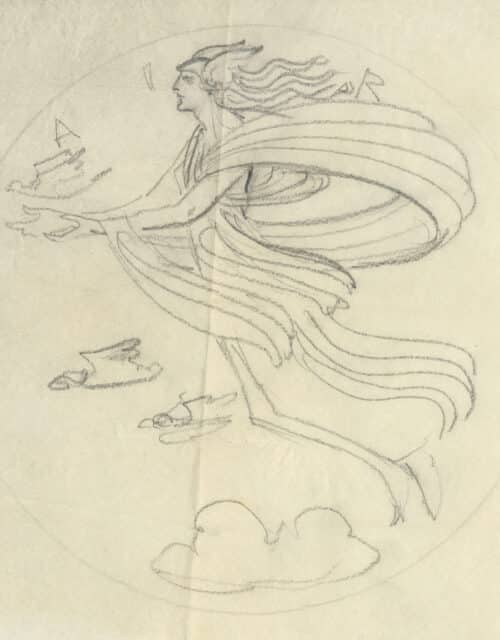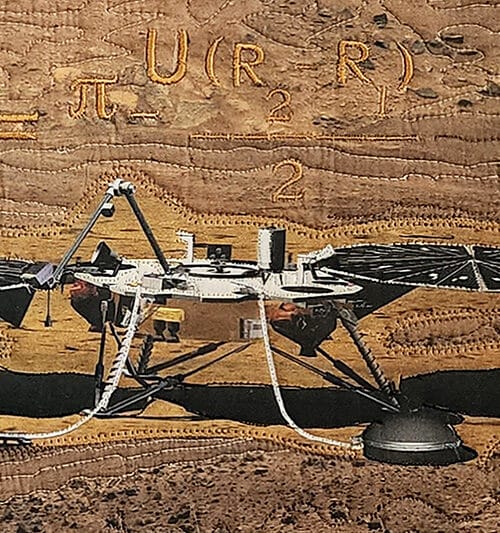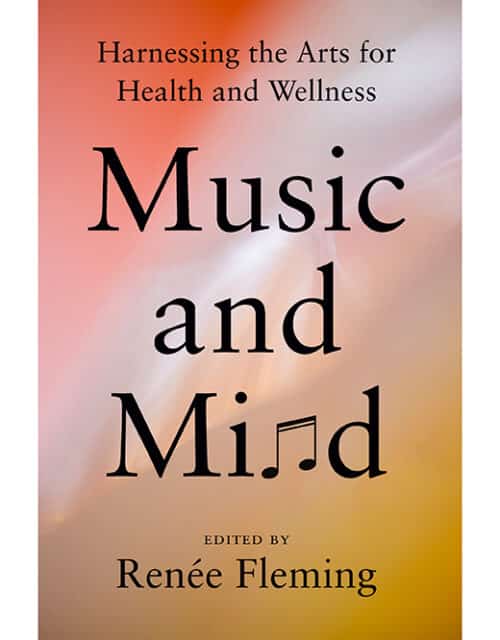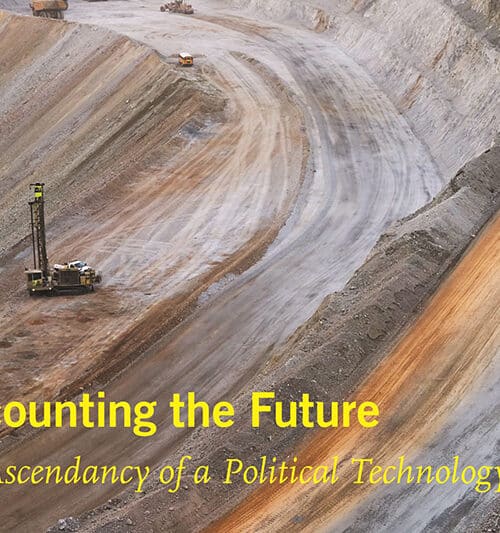The State of the Science
When Marcia McNutt, the president of the National Academy of Sciences, delivered her 2024 State of the Science address, she argued that US science is strong—but action is required to address competition from China, declining federal investment in science, and a decrease in public trust of science and scientists. In the Fall 2024 edition of Issues, McNutt identifies the core challenges that the research community must tackle to ensure that American science remains strong—plus, members of the community respond to her challenge.
Editor's Journal
Science Policy: No Longer an “Exotic Nice-to-Have Thing”
Read MoreWho does science and technology policy? We surveyed the community to find out who the practitioners are, what the field is trying to do, and what science and tech policymakers envision for the future of the field.
Forum
Innovations for Medical Progress
Read MoreMaking Impact Count
Read MoreCross-Border Collaborations
Read MoreConsidering “Community”
Read MoreThe Future of Fusion
Read MoreThe Politics of Recognition
Read MorePreparing the Next Generation of Nuclear Engineers
Read MoreHope for Hydrogen
Read MoreSecond-Order Effects of Artificial Intelligence
Read MoreThe Politics of Wastewater Reuse
Read More

Gallery
Imo Nse Imeh: Monuments to Our Skies
Perspectives
When Oil and Gas Companies Go to School
Read MoreTimothy Lieuwen proposes a framework that universities can use to evaluate potential research funding relationships with oil and gas companies in light of their own values.
Will It Scale?
Read MoreScaling failures are often dismissed as unforeseeable, but it is possible to understand why inventions fail at scale and prevent them. It requires asking—before research begins—why an idea would fail at scale. This process, called “option C thinking,” asks social scientists to consider the big picture and design larger-scale experiments.
Who Is Responsible for AI Copyright Infringement?
Read MoreAs artificial intelligence evolves and strains the bounds of copyright and other areas of the law, a creative legal approach can strike the proper balance between regulating and encouraging this new technology.
Tribal Health Equity Requires Tribal Data Equity
Read MoreTribal Epidemiology Centers, tasked with analyzing the health data of American Indian and Alaska Native communities and reducing health disparities, are often prevented from accessing public health data that are necessary to respond effectively to crises—including the COVID-19 pandemic. Data-sharing policies and culture must change to prevent further harm.

Interview
“You Learn More From Failure—When Things Are Not Working Well.”
Poetry
When My OB/GYN Said He Didn’t Understand Poetry
Read More“I worried because my body / is a more complex text.” A poem by Christine Stewart-Nuñez.

Gallery
Hildreth Meière’s Initial Drawing of “Air”
Real Numbers
Who Does Science and Technology Policy?
Read MoreIssues ran a survey to gain a deeper understanding of the field of science and technology policy today, including career paths, motivations, activities, and opinions on how the field is changing.
Features
Lessons From Baltimore for Participatory Research
Read MoreAlvin Hathaway Sr. explains what Baltimore’s African Ancestry Neuroscience Research Initiative needed to gain insight, influence, and credibility.
The Trap of Securitizing Science
Read MoreIn response to China’s rise, Western governments are acting to limit scientific collaboration—but these measures will not increase economic competitiveness and could inhibit the practice of science itself.
How Federal Science Agencies Innovate in the Public Interest
Read MoreA unique class of scientist-bureaucrats at the National Cancer Institute shows that government science is an asset we can’t afford to lose.
The Lives of Lewis Thomas
Read MoreWhat researching a biography of the celebrated mid-century physician-humanist reveals about technological capability and human frailty.
A Vision for Centering Workers in Technology Development
Read MoreIncluding union perspectives in research and development is essential to building effective, equitable technology and public trust.
To Boost Energy Innovation, Pull Technologies Into the Market
Read MoreDemand-pull policies for energy innovation must operate in parallel with traditional supply-push policies to speedily create a higher-performing, cleaner, more affordable, and more secure energy system.
Leaving No-Woman’s-Land
Read MoreFor too long, the science and clinical practice of women’s sexual health have been neglected. Changes are needed to improve research agendas, health care worker training, and care protocols.
Transforming How the Environmental Protection Agency Does Science
Read MoreThe environmental risks embedded in today’s globally integrated economies require an updated approach to scientific and regulatory decisionmaking.
Science Diplomacy and the Rise of Technopoles
Read MoreDuring the era of increasing globalization, science diplomacy was a key tool for addressing global challenges. Today, among fracturing alliances, the field must evolve.
For a More Competitive US Research Enterprise, the Work Begins Now
Read MoreThe president of the National Academy of Sciences outlines how to keep the American scientific enterprise strong. With responses from Alexandra Fuentes, Matt Owens, James Manyika, J. Marshall Shepherd, and Stephanie J. Diem.



